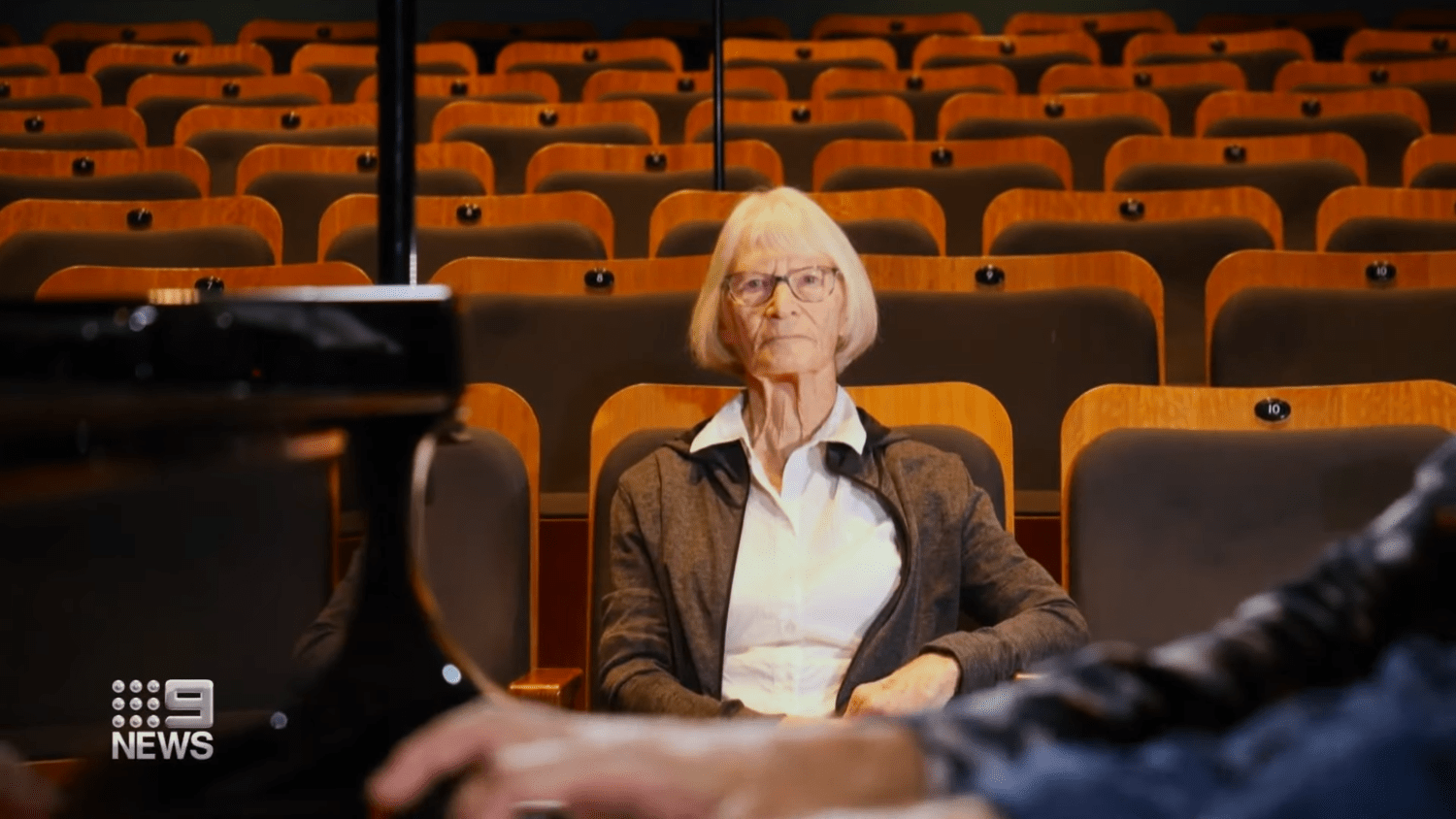I came across an interesting news piece from 9 News Sydney last night that I wanted to share, in which the Sydney Conservatorium is conducting a world-first study to determine whether music can slow cognitive decline and prevent dementia.
The study will involve 200 people aged between 60 and 80 with memory difficulties and little musical training. Over three months, they will meet once a week for two hours in group piano or singing lessons. The testees will have brain scans, blood tests and cognitive tests to assess their memory and cognitive ability.
The study aims to determine whether engaging in music through learning an instrument or being in a choir can boost new growth in the brains of people already experiencing memory loss and therefore slow cognitive decline. The trial will test whether intensive music workshops can slow cognitive decline before dementia develops. It’s estimated that more than 400,000 Australians are living with some form of dementia but an additional one million have memory loss linked to mild cognitive decline. The study is targeting those with cognitive decline because statistically half of them will end up with dementia.
Dementia is a growing concern in society, affecting millions of people worldwide. As the population ages, the prevalence of dementia is expected to increase, placing a significant burden on healthcare systems and caregivers. While there is currently no cure for dementia, there is growing interest in identifying interventions that can prevent or delay its onset. One intervention that has shown promise is music therapy [1].
Previous research has demonstrated that music has a positive impact on cognitive function. For example, a systematic review by Daniel Västfjäll and his peers found that listening to music can improve cognitive performance in healthy adults [2]. Another systematic review by Teppo Särkämö and peers in 2014 through a randomised controlled trial found that music therapy can improve cognitive function in people with mild cognitive impairment and dementia [3]. These findings suggest that music may have a preventative effect on dementia.
Several studies have investigated the relationship between music and dementia prevention. A further randomised trial found that music therapy can improve cognitive function and reduce depressive symptoms in people with dementia [4]. Another study in the Journal of the American Geriatrics Society by Alfredo Raglio and his peers found that music therapy can improve cognitive function and reduce behavioural symptoms in people with Alzheimer’s disease [5]. These studies further suggest that music may have some sort of therapeutic effect on people with dementia, potentially delaying its onset.
The literature suggests that music may have a positive impact on cognitive function and could potentially delay the onset of dementia. While further research is needed to confirm these findings, the findings, as is, suggest that music therapy may be a promising intervention for preventing or delaying dementia. I guess we’ll just have to wait and see how the study goes!
References
[1] — National Library of Medicine: Music Therapy in the Treatment of Dementia: A Systematic Review and Meta-Analysis
[2] — Music, Subjective Wellbeing, and Health: Chapter 27 – The Role of Everyday Emotions
[3] — PubMed: Cognitive, emotional, and social benefits of regular musical activities in early dementia: randomized controlled study
[4] — PLOS ONE: The Effects of Physical Exercise with Music on Cognitive Function of Elderly People: Mihama-Kiho Project
[5] — Journal of the American Geriatrics Society: Effect of Active Music Therapy and Individualized Listening to Music on Dementia: A Multicenter Randomized Controlled Trial












